BLOG CATEGORIES
Emergency Phone Usage May Seem Low, but the Stakes are High
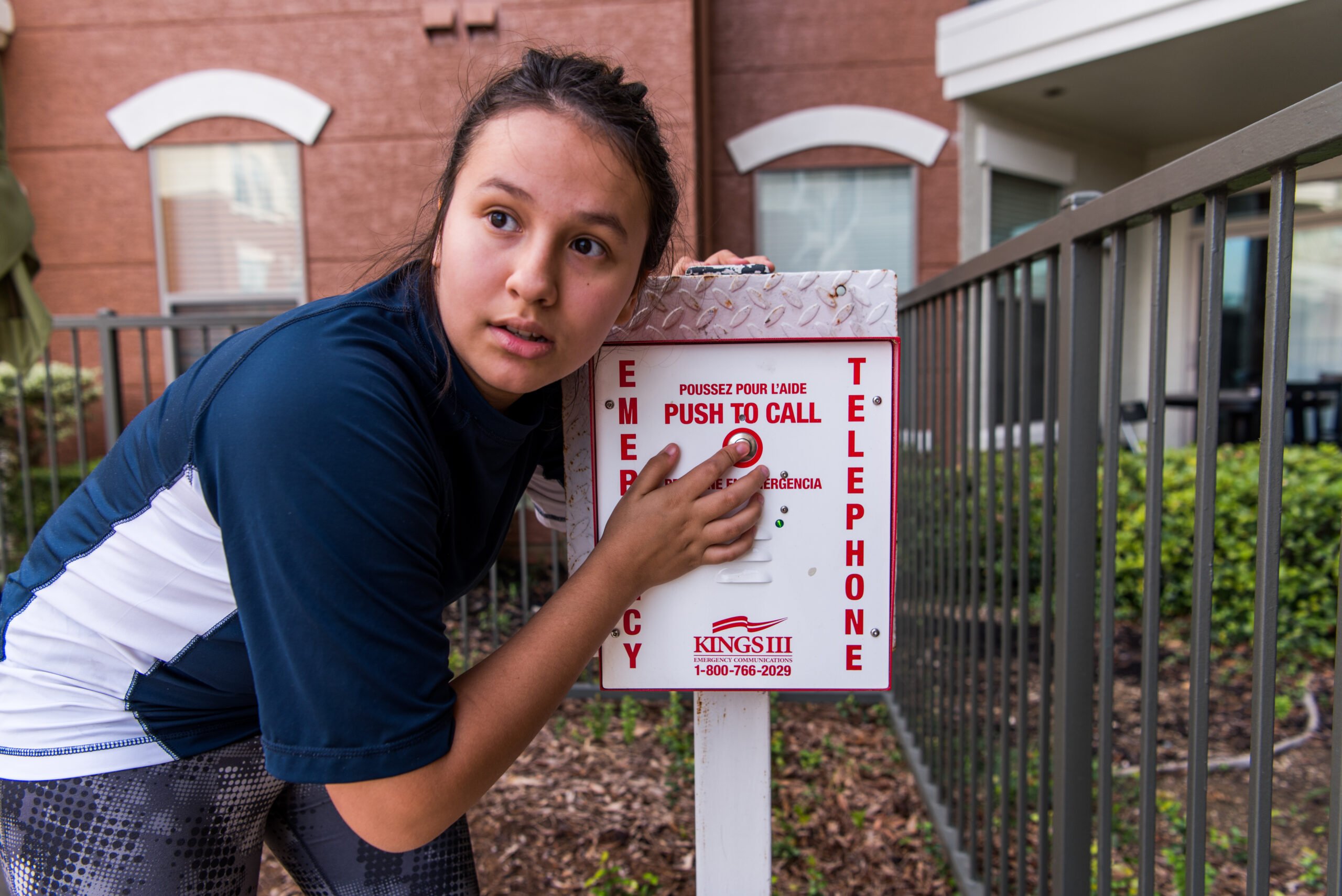
Fortunately, when it comes to the usage of emergency phones many properties have what they deem minimal usage. It may be a pool phone that is only used during pool season (which our emergency dispatchers will tell you is often not the case). Or it could be a wheelchair lift that maybe gets used once a month. This sometimes raises the question, can we disable the phone during the off-season (pool phone) or can the monitoring cost be based on usage?
When understanding the answers to these questions, it’s important to keep in mind that with emergency phones, though the usage may be low, the stakes are incredibly high. Emergency phones are used to help ensure your tenants’ most basic need of safety, and they often address what can be life or death situations.
Find out how to improve safety and reduce costs at your property
Our best-in-class emergency phone + monitoring solutions provide peace of mind and are backed by decades of expertise
Learn More
2022 ELLIES WINNER
Best Supplier -
Communication System
Addressing the questions:
Question #1: Can the pool phone be turned off when it is off-season?
First, let’s discuss the liability of a non-working emergency phone. Even though your pool may be closed, often, the most visible, if not the only, emergency phones on the property are located in the vicinity of the pool and should still be accessible. During pool season, this provides additional assurance that anyone who witnesses a pool related emergency, can use the emergency phone to call for help.
However, even during off-season, just because we call it a “pool phone” does not prevent someone from using it during any type of emergency. Many of the calls our emergency dispatchers receive from pool phones are, in fact, not pool-related. Listen to one of the actual calls Kings III has taken from a pool phone from a child at the apartment complex who woke up to his parents missing unexpectedly as one example.
Properties that disable their pool phones during the off-season, could find themselves open to additional liability. If a posted emergency phone is not working and someone tries to use it, what sort of liability does that expose? To protect your property and mitigate risk, all emergency phones must be connected, maintained, and monitored 24/7 regardless of the season. For more info, see our blog post: A Pool Phone In Winter?
Question #2: Why isn’t the cost of my emergency phone based on usage?
We definitely understand that logic. After all, we are in the digital age, so a likely comparison is cell phone usage where you can pay only for the minutes you use, but it’s not the same. Think of it as insurance coverage.
As we mentioned earlier, emergency phones address high-stake situations, similar to an insurance policy. You know (or hope) that you won’t have to use your insurance often, but when you do need to use it, you need help in a big way.
It’s the same concept with your emergency phone. When it is used, responding parties need to be prepared to address difficult situations adeptly. Even if your phone is used minimally, our Emergency Dispatch Center must be staffed 24/7/365 with a team ready for calls.
It would be great if we knew when an emergency was going to happen or when an elevator was in use to flip the switch on, but we have to maintain everything at the ready 24/7 in order to help cover both you and your tenants properly, and in Kings III’s case, we do it really well.
This may raise a third question:
What additional benefit does Kings III offer that sets them apart from alternative monitoring solutions?
Put simply, our team’s training is a key differentiator that sets up apart. If tenants need immediate medical attention, Kings III dispatch center operators can help. Our operators are Advanced Emergency Medical Dispatch (AEMD) certified, meaning they can provide callers with step-by-step pre-arrival medical instructions (including CPR) while emergency services are in transit.
Other essential benefits include response in more than 175 languages and digital call recording.
Unfortunately, emergencies don’t have an off-season, but you, your tenants and staff will have the peace of mind knowing help is there when they need it. Interested in evaluating the need for emergency phones on your property? Contact us here.
CATEGORIES TAGGED
CATEGORIES
KEEP LEARNING
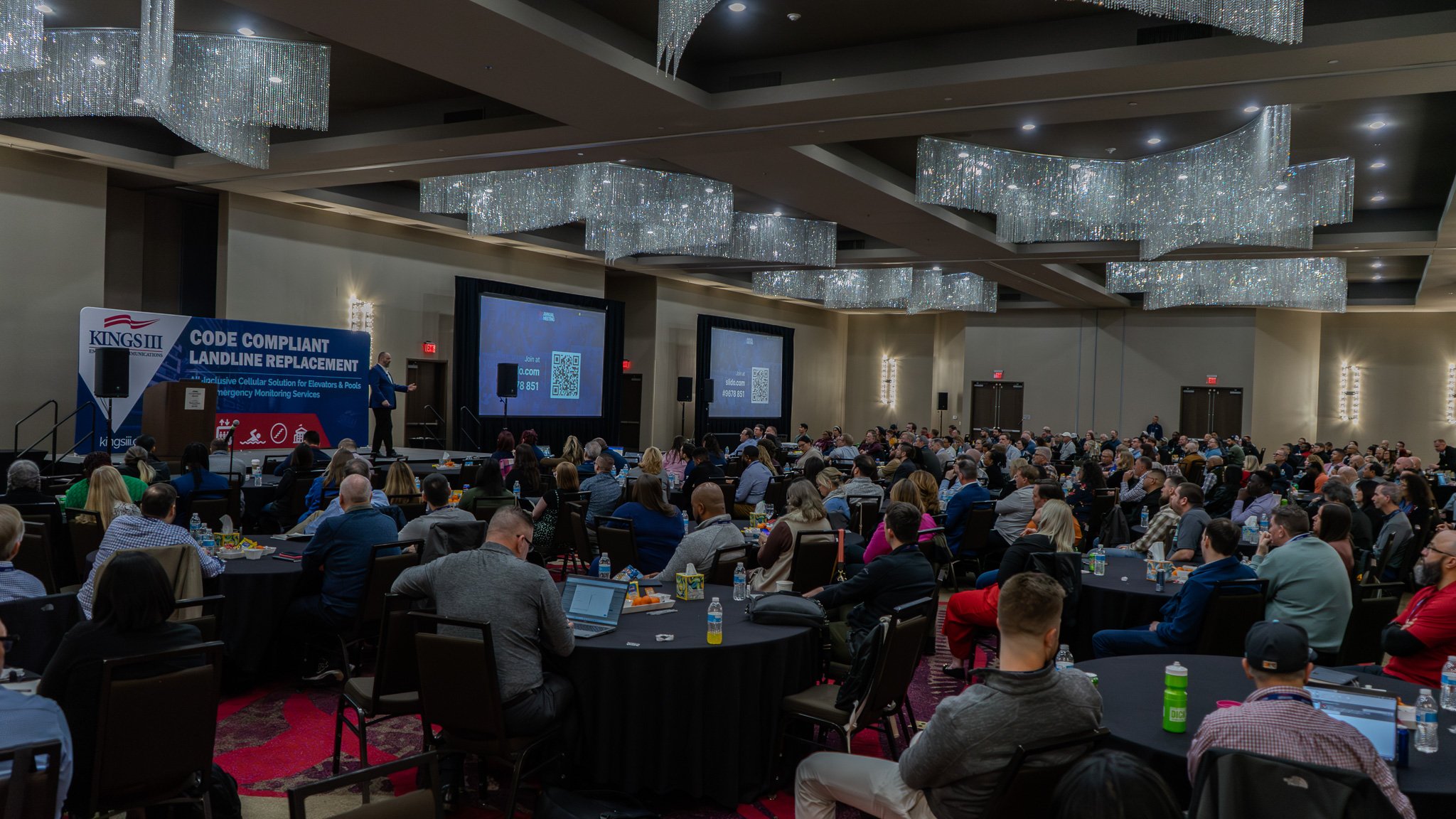
Kings III Makes Dallas Morning News’ ‘Top 100 Places to Work’ List, Marking 5th Consecutive Award
We're honored to be recognized by our employees and The Dallas Morning News by making the daily newspaper’s Top 100 Places to Work list for the 5th year in a row, falling in at 32nd in the midsize companies category.

Updated Elevator Code: Who are my Authorized Personnel?
Confused about who qualifies as "authorized personnel" under the new ASME 17.1 elevator code? Learn why the same authorized staff must monitor all emergency communications—audio, video, and messaging—and why split monitoring solutions won't meet compliance requirements for your building's safety system.

2024 Brings Increased Adoption of Codes Requiring Video and Two-Way Messaging for Elevator Communications
As 2024 progresses, the adoption of safety codes mandating video and two-way messaging capabilities for elevator communications is gaining momentum across the United States.

What an Emergency Dispatcher will Most Likely Ask You
When suddenly faced with an emergency, you may immediately feel frightened and helpless. An emergency communications system can help reduce or eliminate those reactions by providing immediate assistance. Here's what you can expect on the other side of a call you place from an emergency phone.

Kings III Makes The Dallas Morning News Top 100 Places to Work List Becoming a 4x Winner
We're honored to be recognized by our employees and The Dallas Morning News by making the daily newspaper’s Top 100 Places to Work list for the 4th year in a row, falling in at 26th in the midsize companies category.
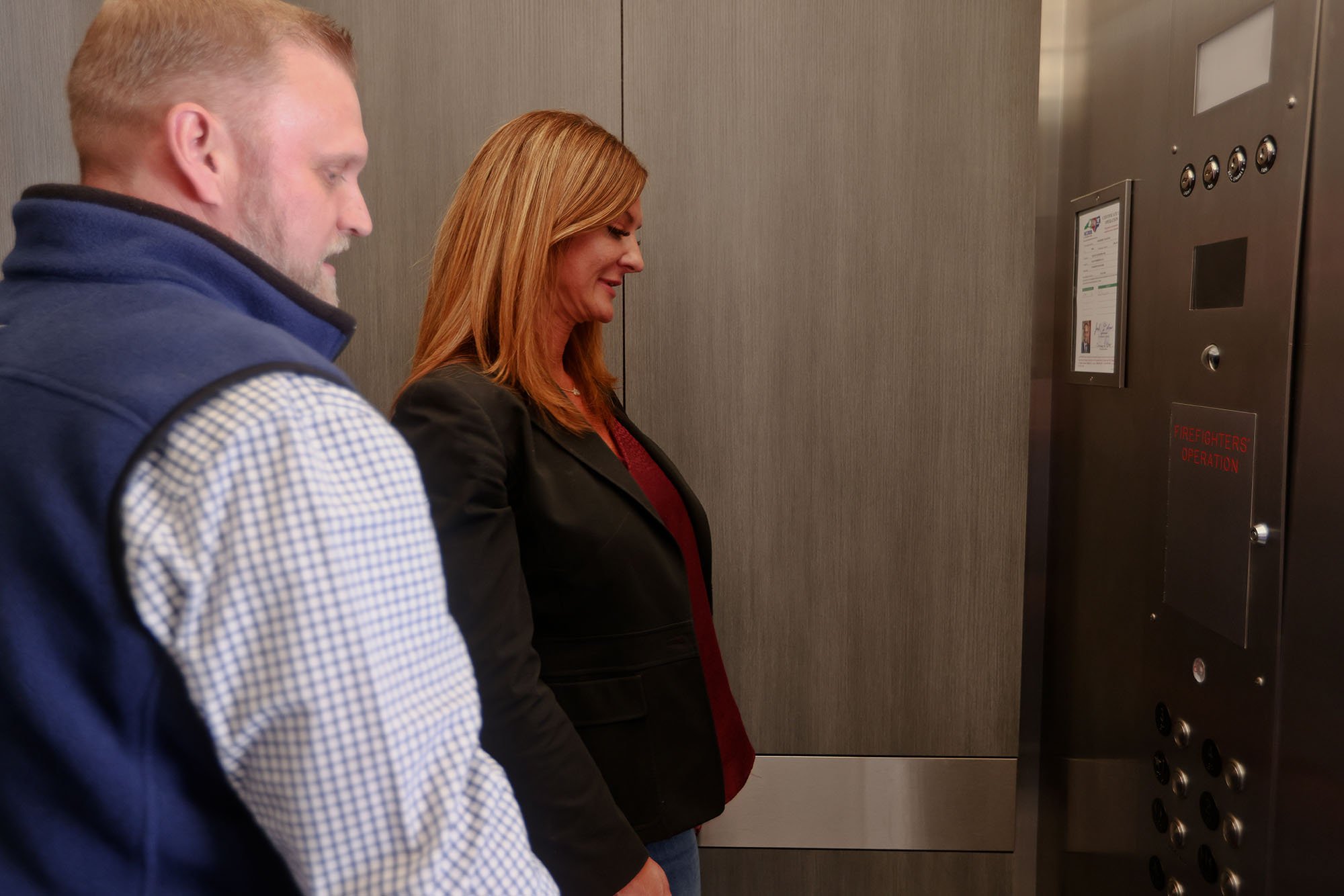
January 2024 Elevator Code Updates in Florida
Florida property managers have finally completed DLM requirements in their elevators (hopefully). But wait, there's more! Florida will adopt ASME 2019 starting January 1, 2024. Learn what this means, how you can comply, and get guidance from our code experts.
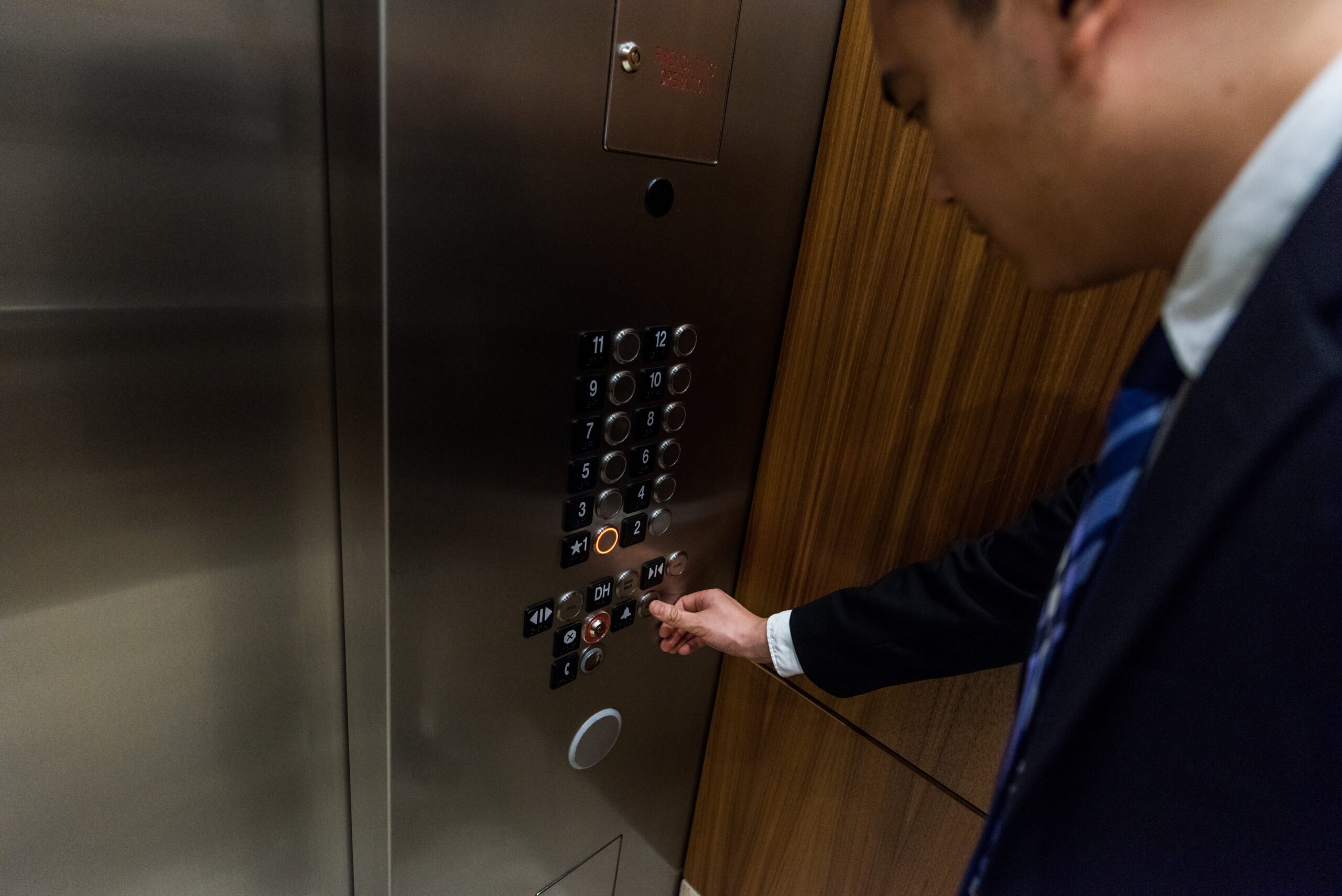
Survey Reveals Gaps in Building Emergency Communications Plans
A recent survey of property management professionals revealed that while more than 60 percent of respondents were aware that telecom companies are phasing out POTS (Plain Old Telephone Service, also known as analog copper land lines), nearly half reported their elevator emergency communication systems are still based on this endangered technology.

Successful Hotel CO Inspections
A CO is a vital requirement before opening your new-build/renovated hotel. One area we often see overlooked within the process is telecommunications. To help get you started, we’ve compiled a checklist of key telecom-specific items to consider that may be subject to inspection.
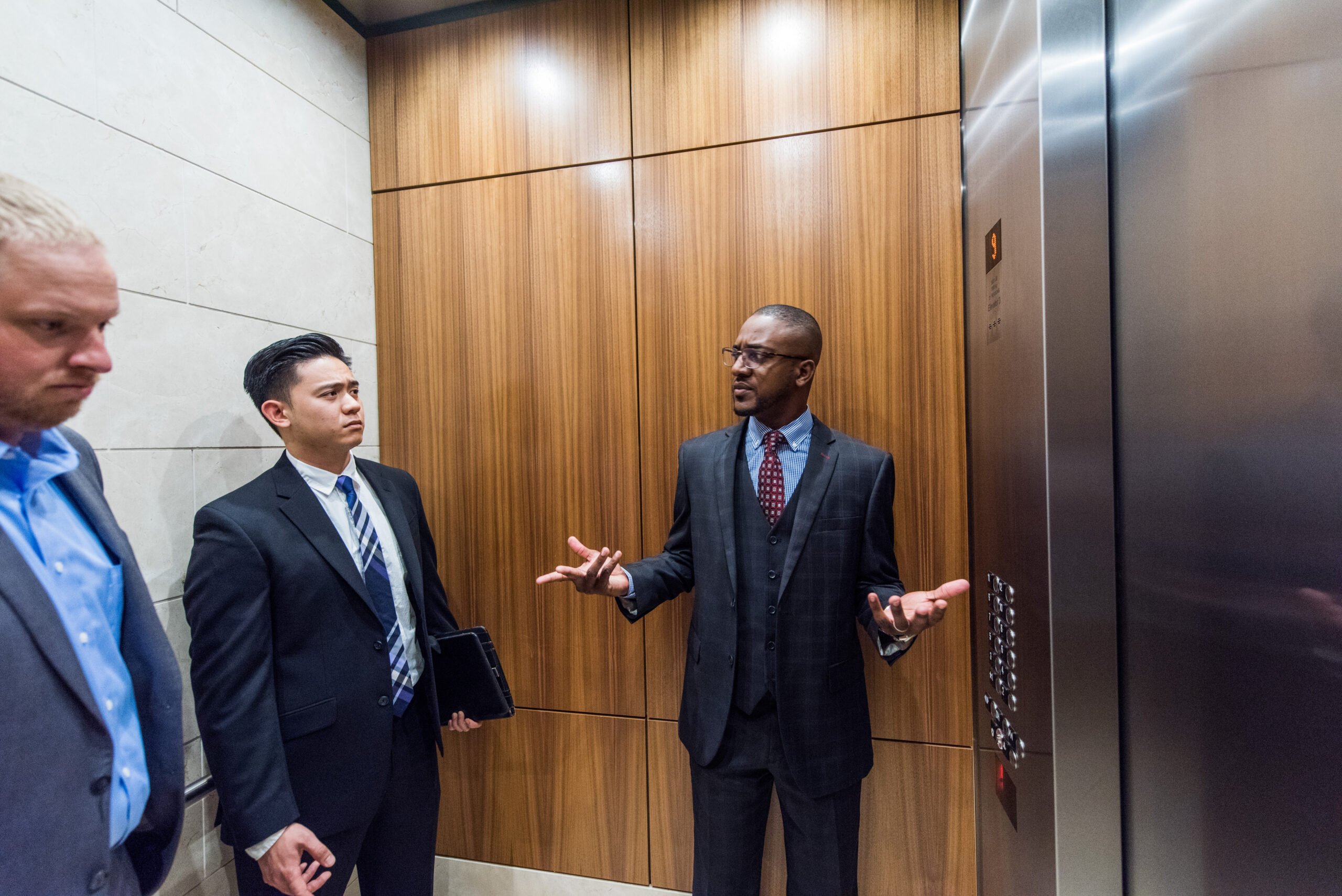
How is Elevator Liability Defined?
One of a building owner’s worst nightmares: a passenger gets into an elevator in perfect health but ends the ride with a serious physical or psychological injury. Thankfully, this is an extremely rare scenario, but all those involved in building management should know exactly how to define elevator liability and take action if an incident occurs.




